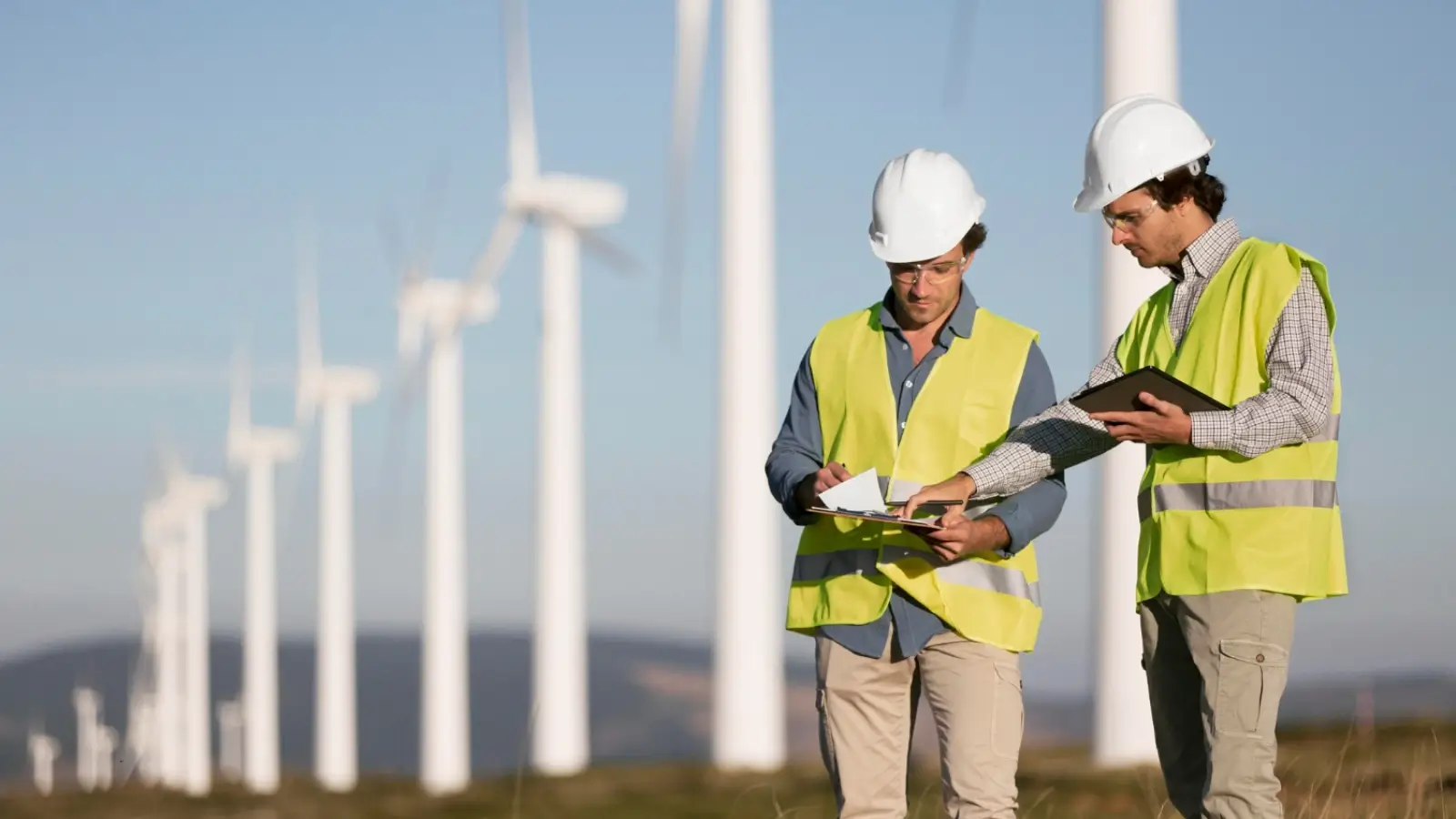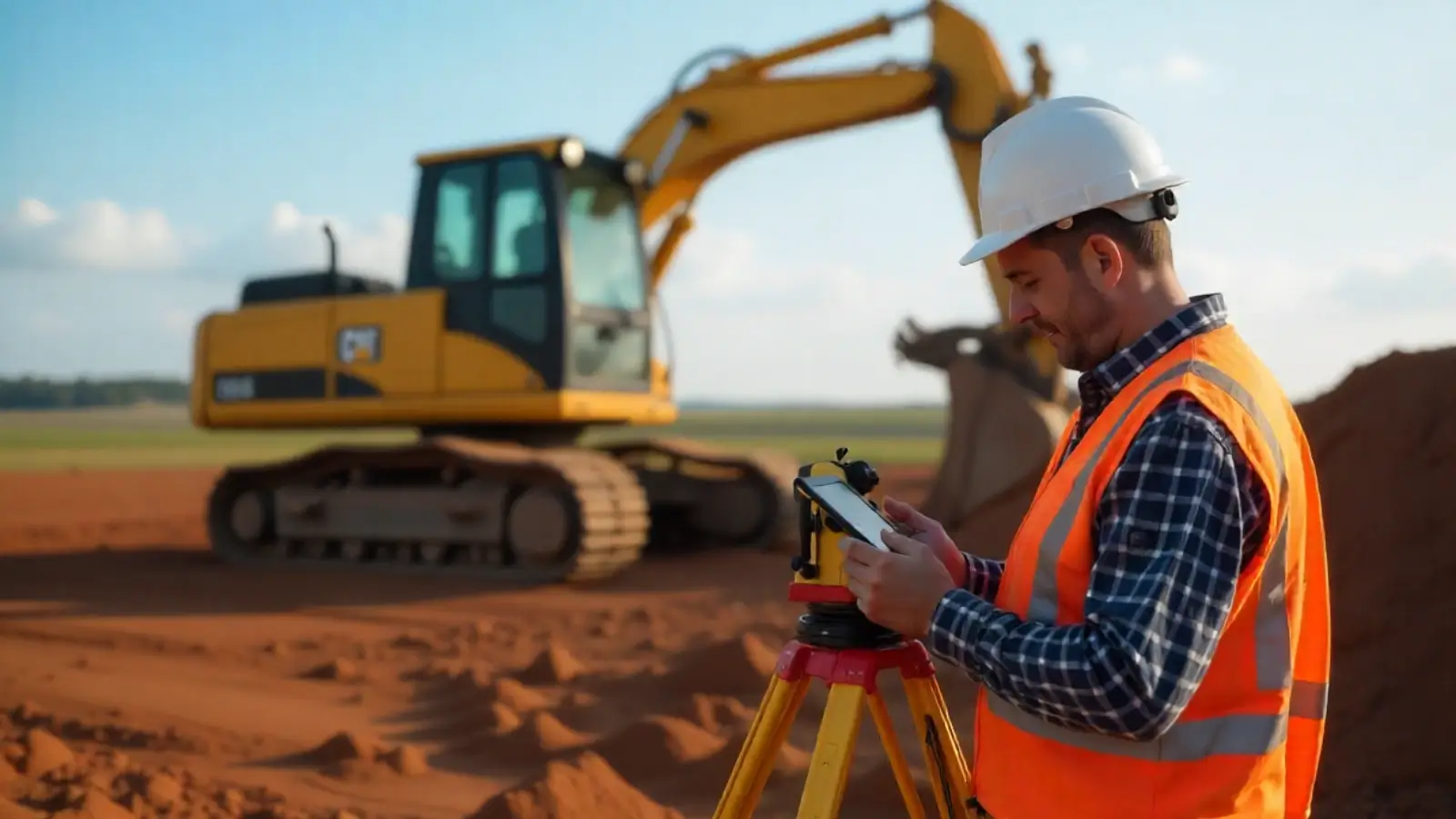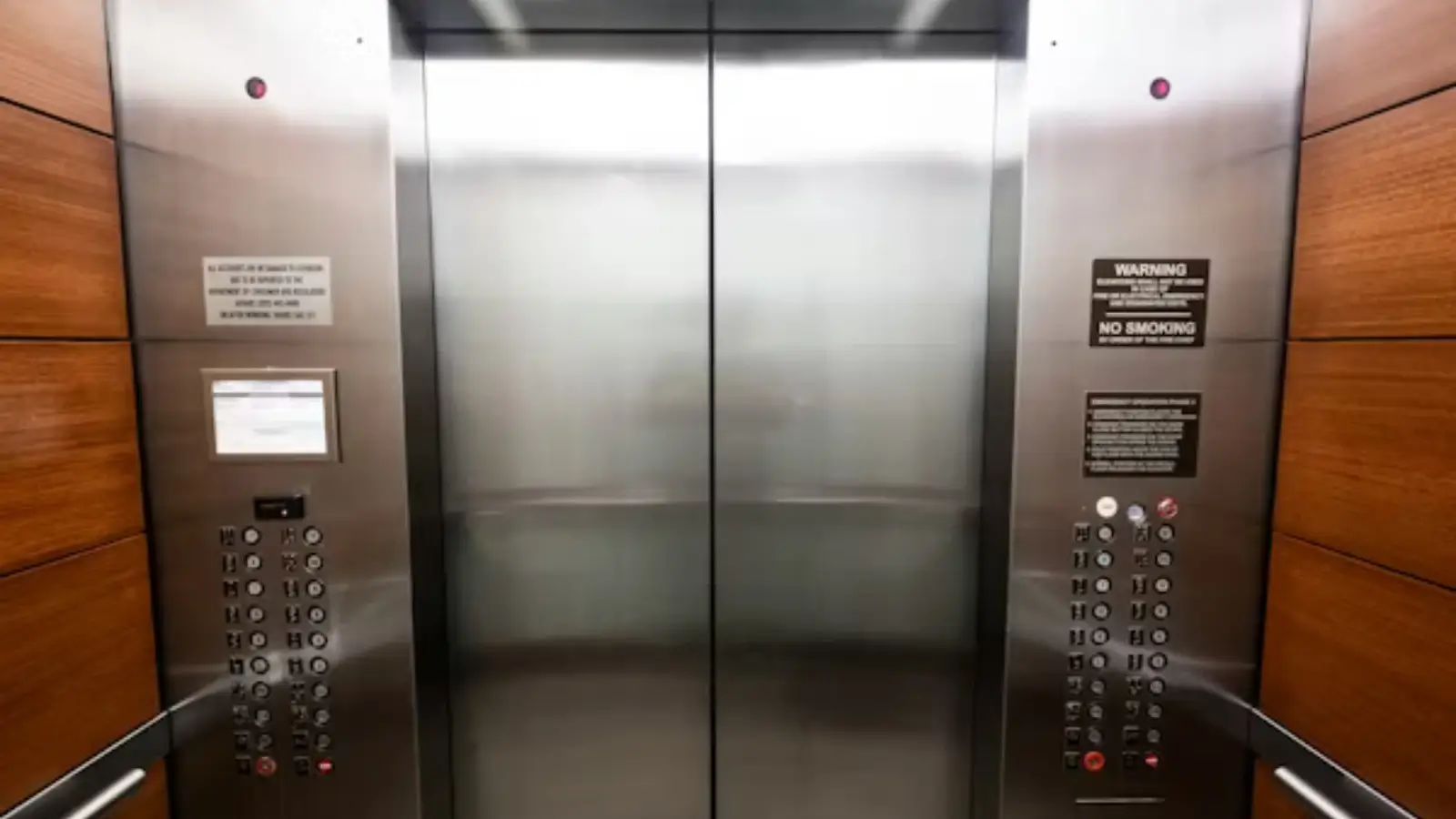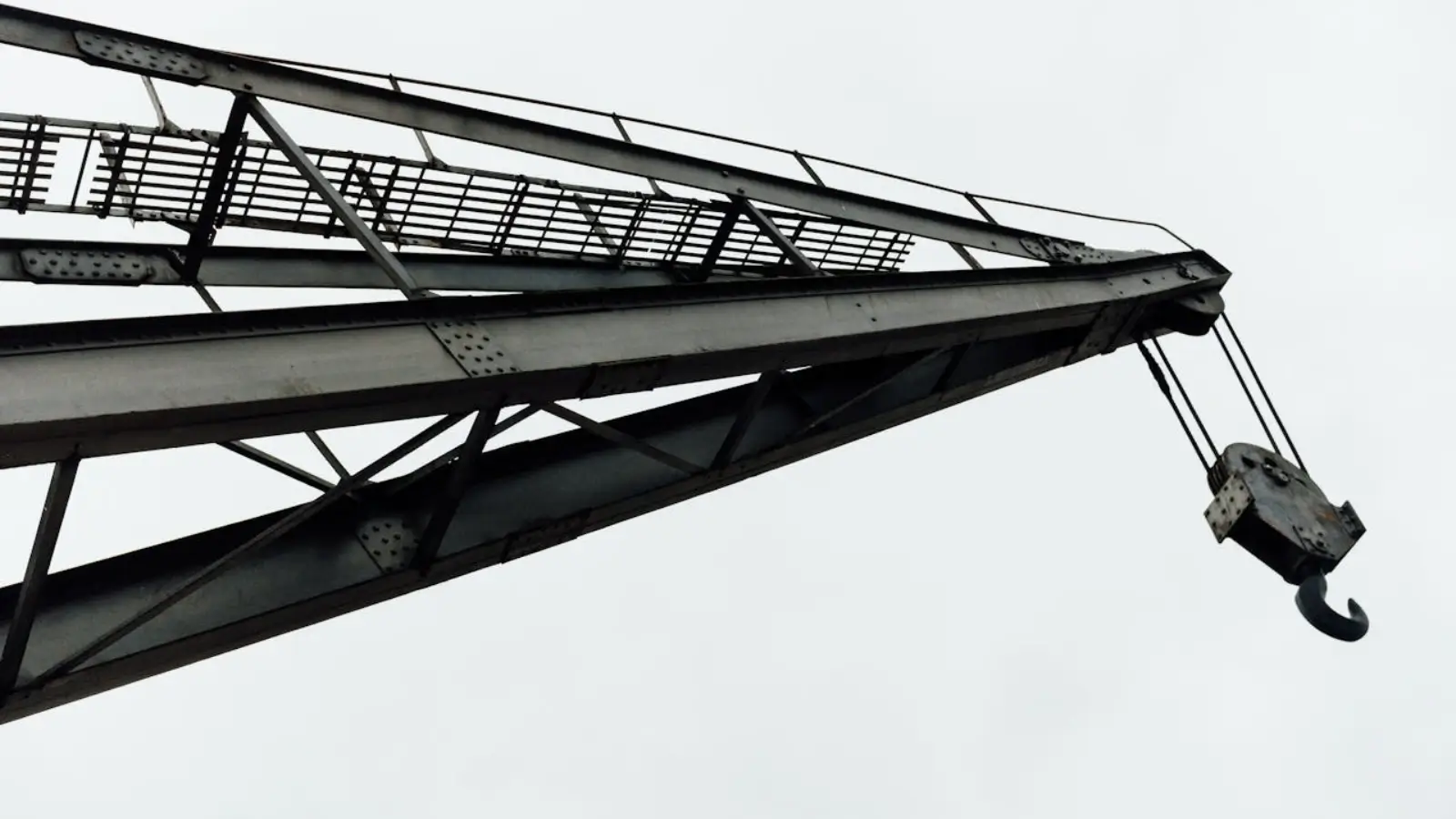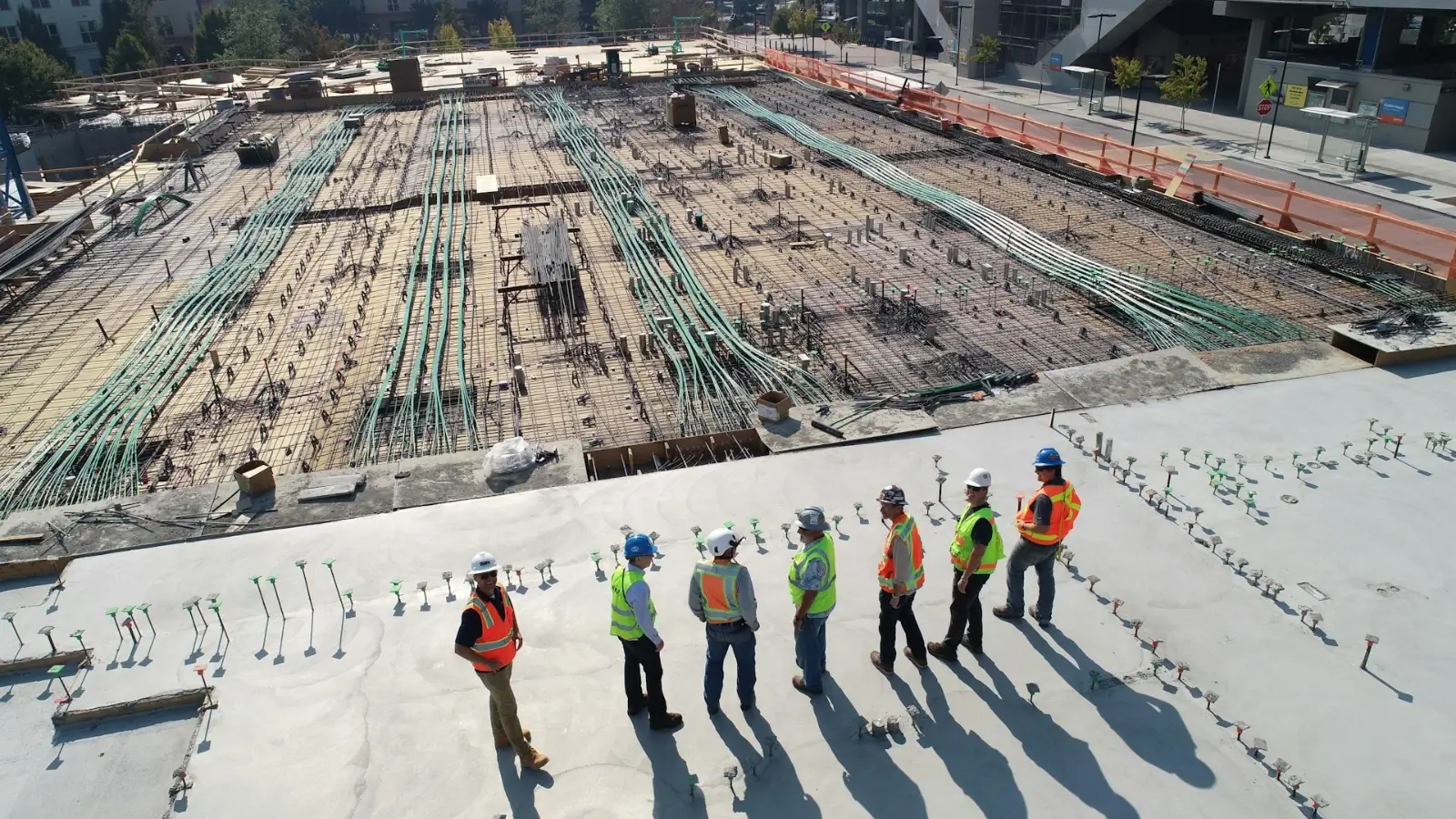Industrial construction will encounter significant opportunities along with demanding challenges during the upcoming ten-year period. Construction leaders must transform their operations to fulfill modern standards and follow regulatory complexities and technological advancement trends. The key to success for companies will be their capacity to accelerate their growth while accepting innovative approaches and utilizing specialized workforce expertise. The essential step for industrial leaders to prepare for future challenges requires them to identify current trends alongside upcoming obstacles which mold the industry.
The Changing Face of Industrial Construction
Industrial construction remains fundamental to economic development because it supports essential industries including manufacturing and energy production as well as transportation systems. Industrial construction projects experience changing demands because the world now embraces automation and sustainability alongside fast-paced urban development.
The construction industry directs its attention toward automation and AI and smart construction technologies because of technological progress. The competitive market demands construction firms to learn new technological systems. Technology stands as a crucial factor but it serves as an insufficient solution on its own. Skilled personnel remain vital for operating machinery while performing maintenance duties and handling the intricate aspects of large-scale projects.
The drive for sustainability adds complexity to current construction operations. Modern construction projects must fulfill elevated environmental requirements which force leaders to transform their planning and design and project execution processes. Industrial projects now require three essential elements: eco-friendly construction materials along with energy-efficient designs and green building certifications to secure project approval.
Construction leaders who want to stay ahead need to understand these changes and position their teams for upcoming requirements.
Addressing the Workforce Shortage Within Industrial Construction
Industrial construction leaders currently face the critical challenge of finding enough qualified workers in the field. The construction sector experiences a severe shortage of skilled tradespeople because its workforce ages and fewer younger employees choose to join the industry. The shortage of specialized skills reaches its peak in industrial construction since it requires complex projects to be completed.
Companies need to develop recruitment plans that combine worker retention strategies for success in competitive markets. Workforce development investment combined with ongoing training programs enables workers to receive essential tools and knowledge needed to succeed. Specialized talent is needed urgently to satisfy existing project requirements.
Staffing solutions dedicated to industrial construction serve as a solution to address these workforce needs. Specialized staffing agencies in industrial construction enable leaders to find qualified staff rapidly while bypassing traditional hiring timelines. Companies benefit from these staffing agency partnerships because they acquire the necessary specialized skills while expanding their workforce at an accelerated rate to fulfill project objectives without compromising quality standards.
The Importance of Flexibility and Scalability
The ability to adjust workforce size according to market needs stands as a fundamental requirement for industrial construction projects today. Leaders must develop flexible workforce structures because project requirements change throughout the construction process. Industrial construction leaders must maintain their ability to swiftly adjust their workforce during projects that involve major facility transformations and new infrastructure development.
Industrial construction staffing enables companies to adapt their workforce needs when projects change in terms of size. Businesses can use staffing pools to access needed professionals instead of maintaining permanent personnel. The project goals of companies can be achieved without long-term workforce expenses during periods of reduced activity because of scalability.
Staffing agencies supply workers who possess specific skills for brief durations which enables project teams to acquire essential expertise needed for different project stages. Working within limited financial resources and constrained timeframes demands this adaptable approach for maximum benefit.
Embracing Sustainability and Innovation
Industrial construction leaders need to follow sustainable building innovations because sustainable construction demand keeps rising in the market. The main construction project goals today focus on using renewable energy alongside waste reduction and improved energy efficiency. The transition to sustainability demands personnel who possess experience with environmental methods and sustainable building approaches.
Project management and execution rely heavily on innovative solutions for the current market trends. BIM technology and drones for site surveying along with robotic construction techniques offer powerful tools to construction leaders which enhance precision and safety while improving operational efficiency. These new technologies need specialized workers who have the skills to use them properly.
Industrial construction leaders need to train their employees to operate the latest technological advancements. The training program extends beyond teaching existing employees how to use new technologies. Project completion often demands workers who specialize in innovative tools alongside existing staff members.
Collaboration and Leadership in the Future of Industrial Construction
Industrial construction projects reach success by combining technological advancements with skilled workers alongside strong leadership practices. The future demands leaders to build collaborative spaces that prioritize innovation alongside sustainability and productivity. The leaders must establish approaches which boost team morale and keep them focused on the project targets.
Leaders in the industry will need to possess strong communication abilities along with adaptability together with a dedicated focus on safety. Project managers will need to develop new leadership capabilities since project complexity continues to rise. Leaders who guide their teams through modern industrial construction challenges while adopting innovative sustainable practices will achieve success.
Conclusion: Building for the Future
Leaders who adapt their operations to new technology and sustainable practices and workforce changes will determine the future direction of industrial construction. The expanding industry requires workers who can handle its complicated nature. The path to construction leadership success depends on building flexible innovative employees who possess essential skills for the industry.
Leaders who use industrial construction staffing solutions will obtain the necessary talent to fulfill project demands in upcoming years. Construction companies will build the future through their optimal teams which maintain efficiency and sustainability and remain competitive in the market.

